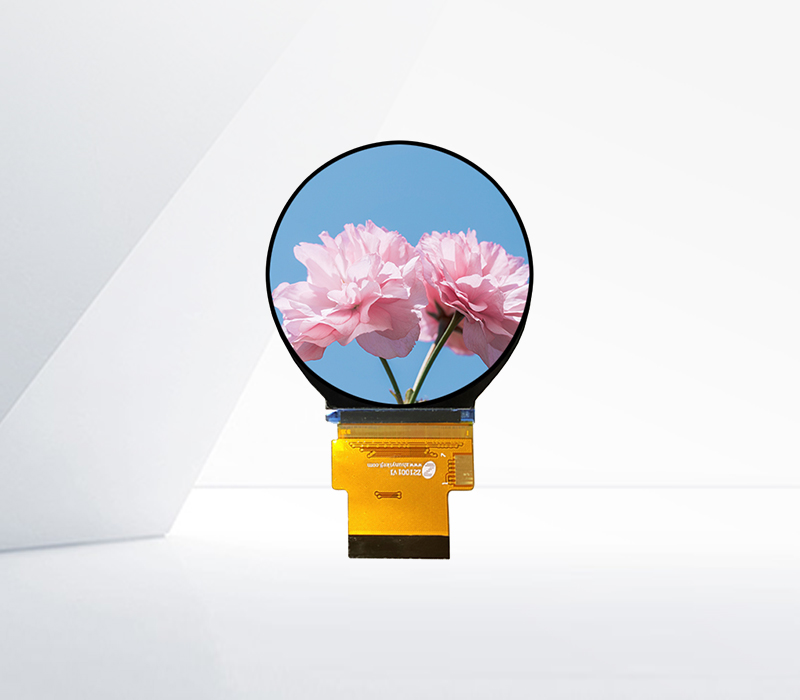



LED Emergency Lighting
LED (Light - Emitting Diode) emergency lighting has become an increasingly popular choice for ensuring safety during power outages.
How LED Emergency Lighting Works
LED emergency lighting systems typically consist of a set of LED light sources, a battery backup unit, and a charging circuit. During normal operation, when the main power supply is available, the charging circuit charges the battery. The LED lights are either off or in a low - power standby mode. When a power outage occurs, a sensor in the system detects the loss of power and automatically switches the LED lights to the battery power source. The LEDs then emit light, providing illumination in the area. LED emergency lights can be designed as standalone units, such as portable flashlights or wall - mounted emergency lights, or they can be integrated into larger lighting fixtures, such as ceiling lights or exit signs.
Advantages of LED Emergency Lighting
LED emergency lighting offers several significant advantages. Firstly, LEDs are highly energy - efficient. They consume less power compared to traditional incandescent or fluorescent emergency lights, which means that the battery backup can last longer during a power outage. This extended battery life is crucial for ensuring continuous illumination in emergency situations. Secondly, LEDs have a long lifespan. They can operate for tens of thousands of hours without significant degradation in brightness, reducing the need for frequent replacement. This is especially beneficial in hard - to - reach areas or in locations where maintenance is difficult. Thirdly, LED emergency lights provide bright and white light, which is more effective for visibility in emergency situations compared to the yellowish light of some traditional emergency lighting sources.
Applications of LED Emergency Lighting
LED emergency lighting is used in a wide variety of applications. In commercial buildings, such as offices, shopping malls, and hotels, LED emergency lights are installed to ensure the safety of occupants during power outages. They are used to illuminate escape routes, stairwells, and emergency exits. In industrial settings, where there may be potential hazards, LED emergency lighting provides reliable illumination to prevent accidents. In residential buildings, LED emergency lights can be installed in hallways, bedrooms, and kitchens to provide light during unexpected power failures. They are also commonly used in public transportation, such as buses, trains, and airplanes, to ensure the safety of passengers during emergency evacuations.
Installation and Maintenance
Installing LED emergency lighting is relatively straightforward. Standalone units can be easily mounted on walls or ceilings using brackets or screws. Integrated units can be installed as part of the regular lighting fixtures. Maintenance of LED emergency lighting is minimal. Periodic checks of the battery backup unit to ensure it is charging properly and of the LED lights to check for any signs of damage or reduced brightness are recommended. In most cases, if an LED light fails, it can be easily replaced. The long lifespan of LEDs means that major replacements are not required frequently, reducing the overall maintenance costs.

